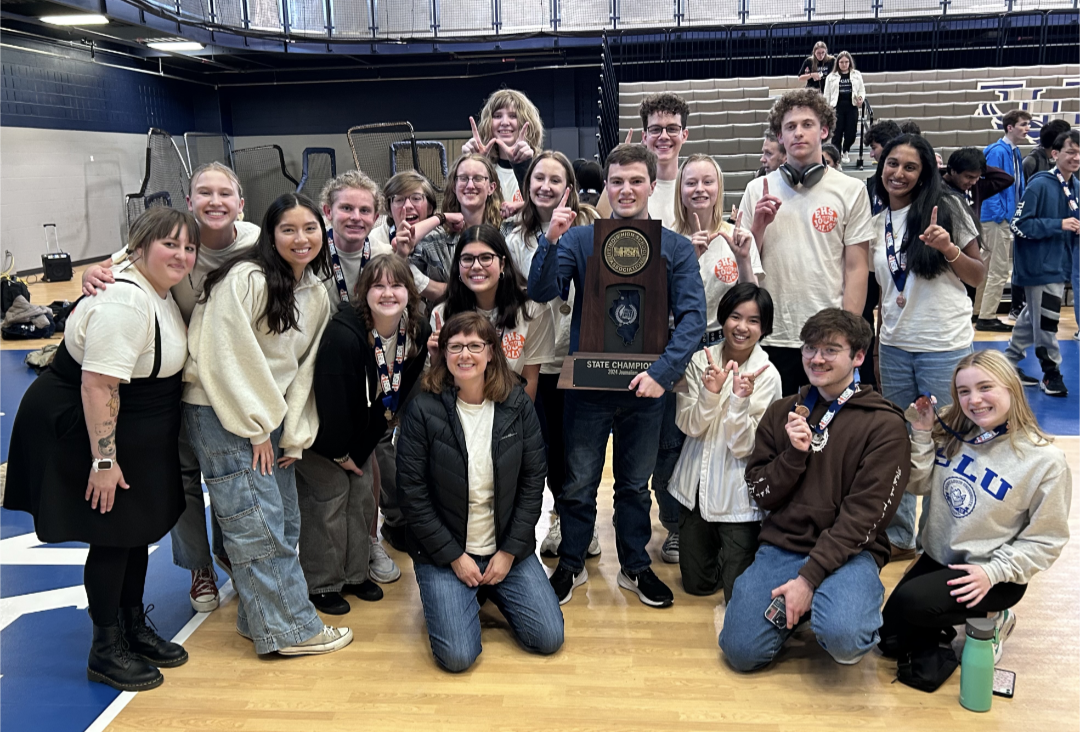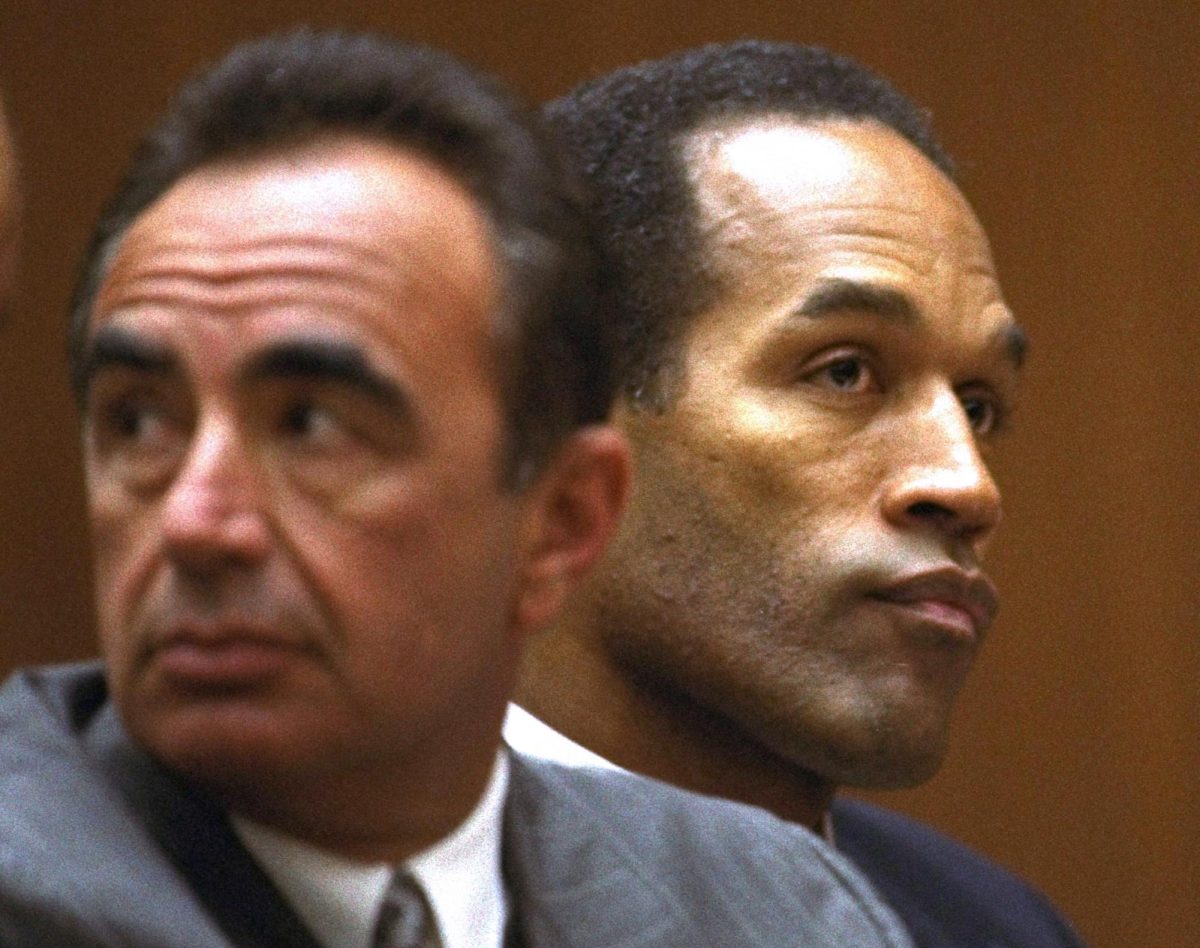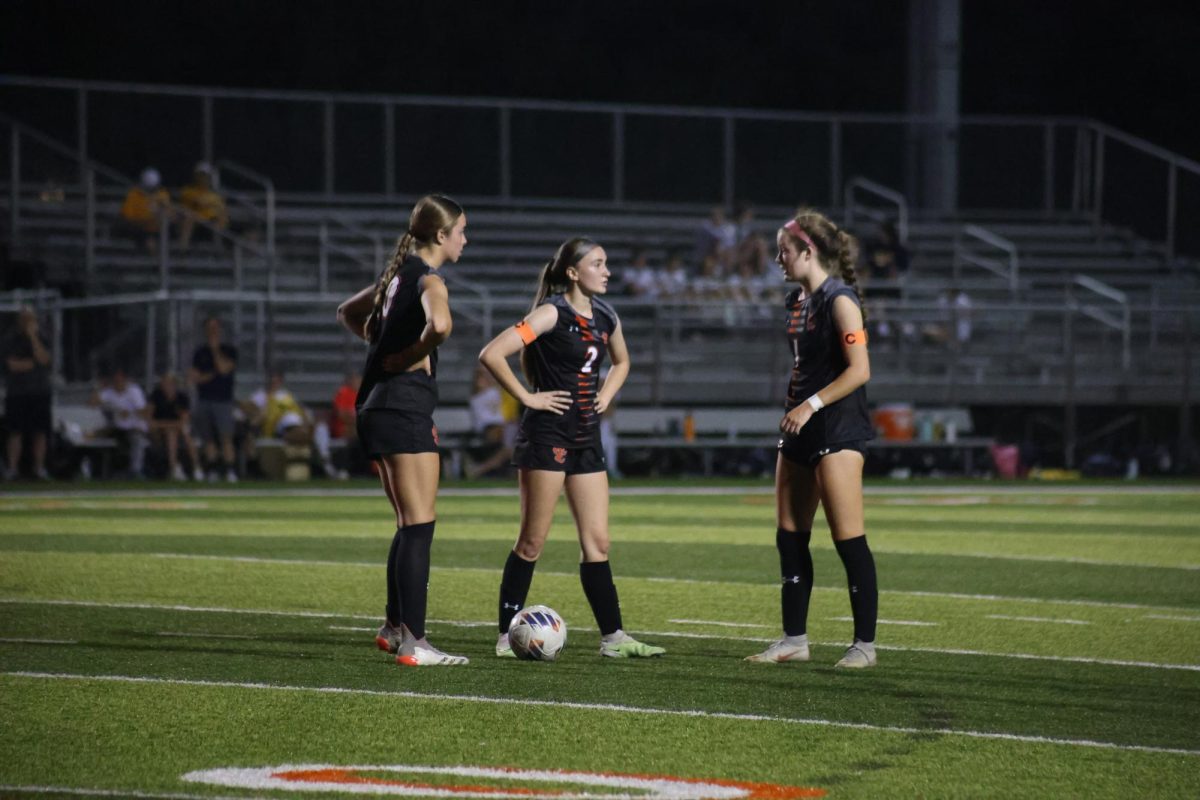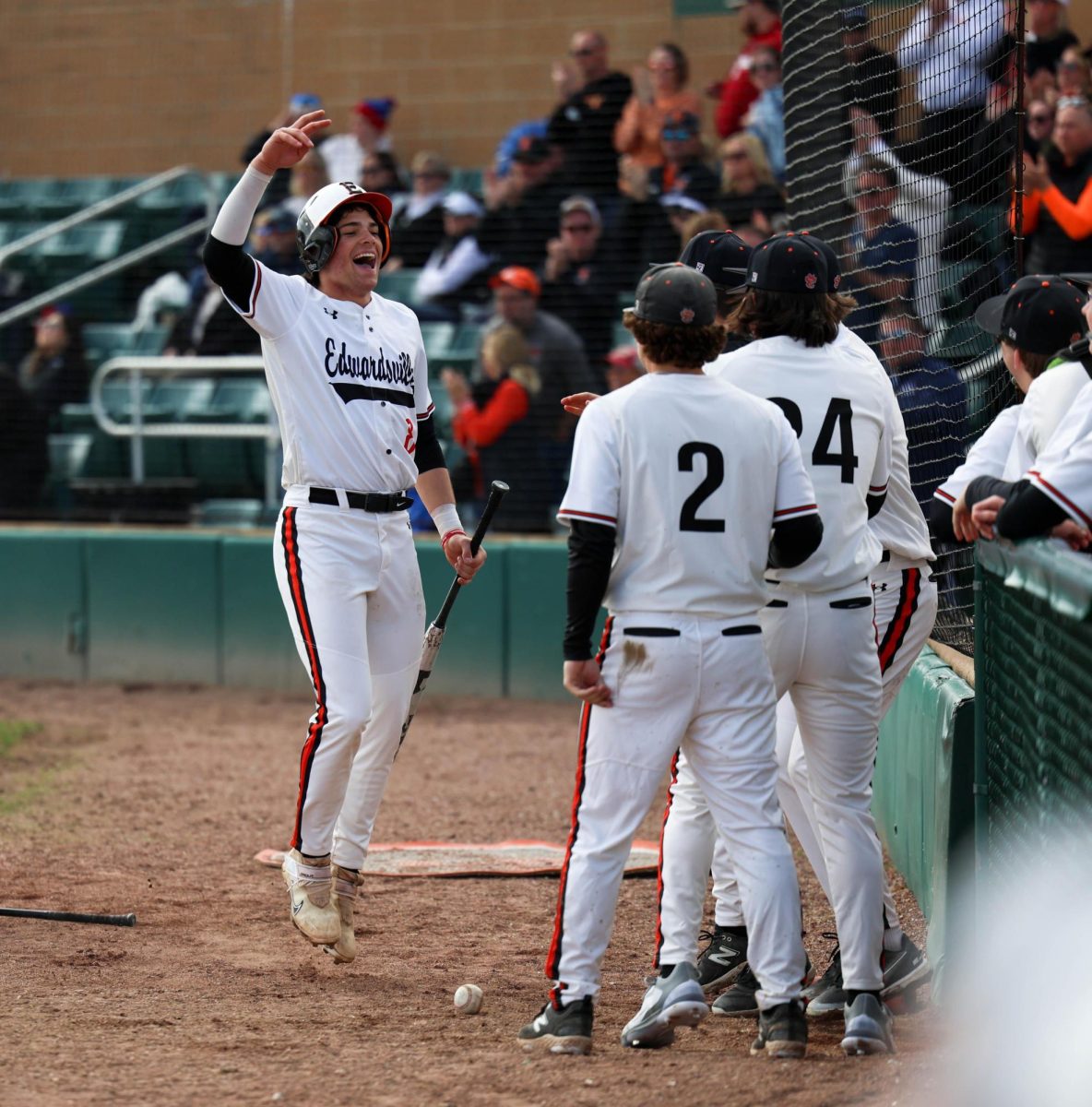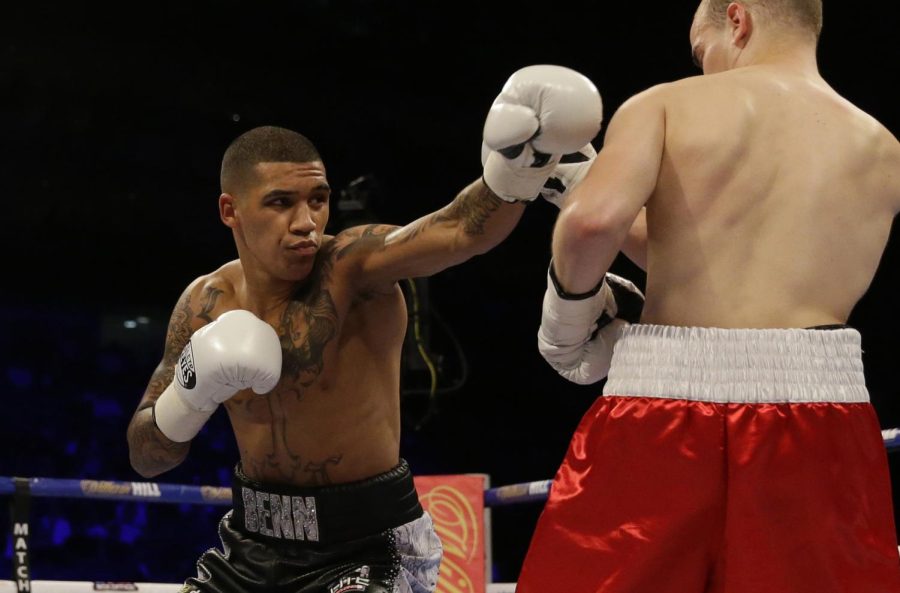Why Are Fans Drawn to the Most Violent Sports?
March 17, 2023
Fans don’t turn their heads when a boxer’s glove hits the jaw of their opponent, blood spewing from their mouth. They don’t close their eyes as heads smash on the football field, bodies folding into each other. Or as hockey players collide on the ice, sending their sticks flying.
Why would they? The brutality and violence is what the fans are here for. It’s why people watch MMA’s best knockout videos. It’s why they play football’s best tackle highlights in slo-mo and hockey’s dirtiest hits.
Sports are one of the world’s favorite pastimes. And they’re rooted in violence.
The history of sports is intertwined with hostility, dating back over 3000 years. According to Encyclopedia Britannica, early sports were often in anticipation for war, preparing oftentimes reluctant soldiers for battle by training them with rocks, stakes and spears, in a competition like setting.
Although present day sports have evolved into something more than throwing rocks, the violence that it’s rooted in still lingers. And as civilization continues to be plagued by war and brutality, sports can simultaneously be a reflection of society and an outlet for aggression.
According to Psychology Today, the typical American sports fan seems to enjoy the violent aspect of sports, even when the purpose of the contest is not meant to encourage it.
So, are sports really the world’s favorite pastime, or are they just a more civilized way to express the hostility that’s embedded in human nature?
According to NBC, witnessing violence and destruction, whether it is in a novel, a movie, on TV or a real life scene playing out in front of us, gives us the opportunity to confront our fears of death, pain, despair and degradation while still feeling some level of safety.
Do fans feel lucky that it’s someone else on the mat and not them? At some subconscious level are they relieved that they have the choice to be a spectator instead of the participant. Because despite brutality being rooted into the very existence of sports like boxing or football, people are drawn to them.
Is it easier to witness someone else get knocked to the ground than to be the one getting knocked to the ground? Or maybe it’s really not that serious. Maybe Friday night football is just a time to get together with friends and watch the game. Maybe it’s all in good fun. But I’m not so sure.



